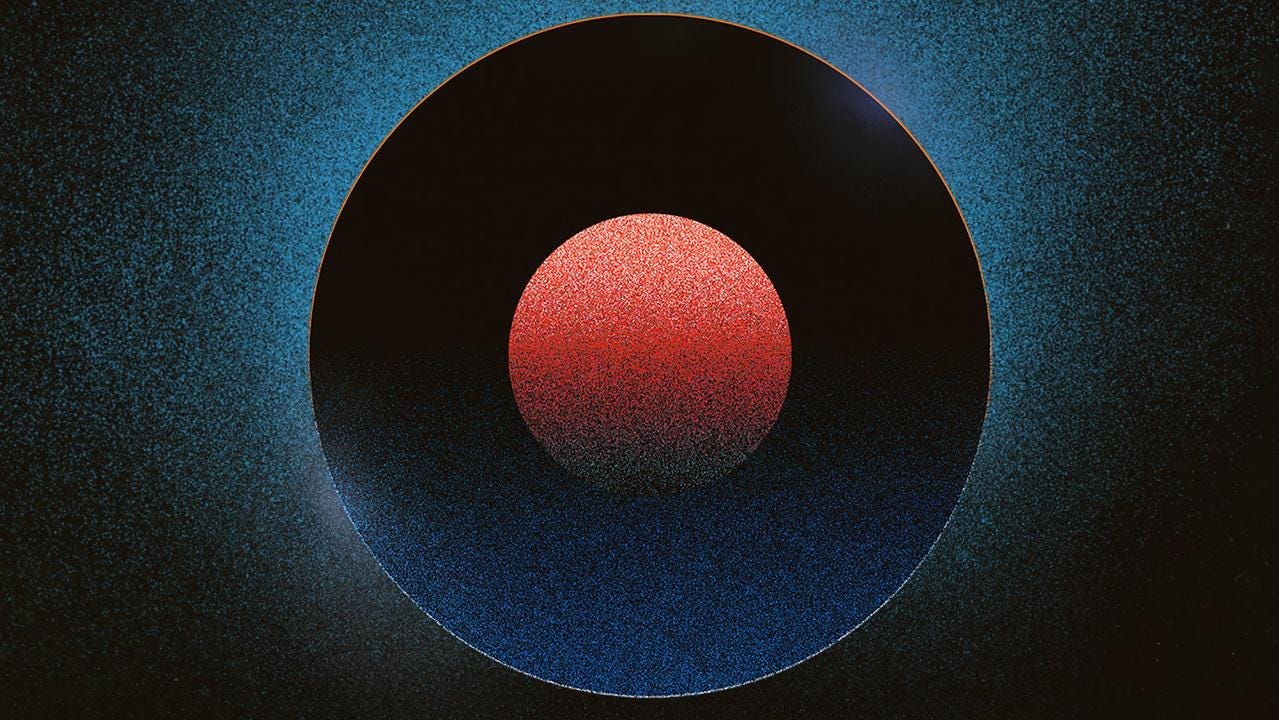Rabbit Holes 🕳️ #54
From shifting from a consumer to a citizen story, the root problem of wealth supremacy, planetary identities, everyday utopia and rethinking seasons
THIS WEEK → ✊ The Consumer Citizen Story 🏦 Capital Bias & Wealth Supremacy 🌍 Planetary Identity ➕ Everyday Utopia 🚿 Microseasons
Rabbit Holes 🕳️
As always, here are three perspective-shifting ideas to create a better world, plus some fun extras below. Enjoy!
#1 ✊ The Consumer Citizen Story
In this article, Jon Alexander, author of Citizens, showcases th…





